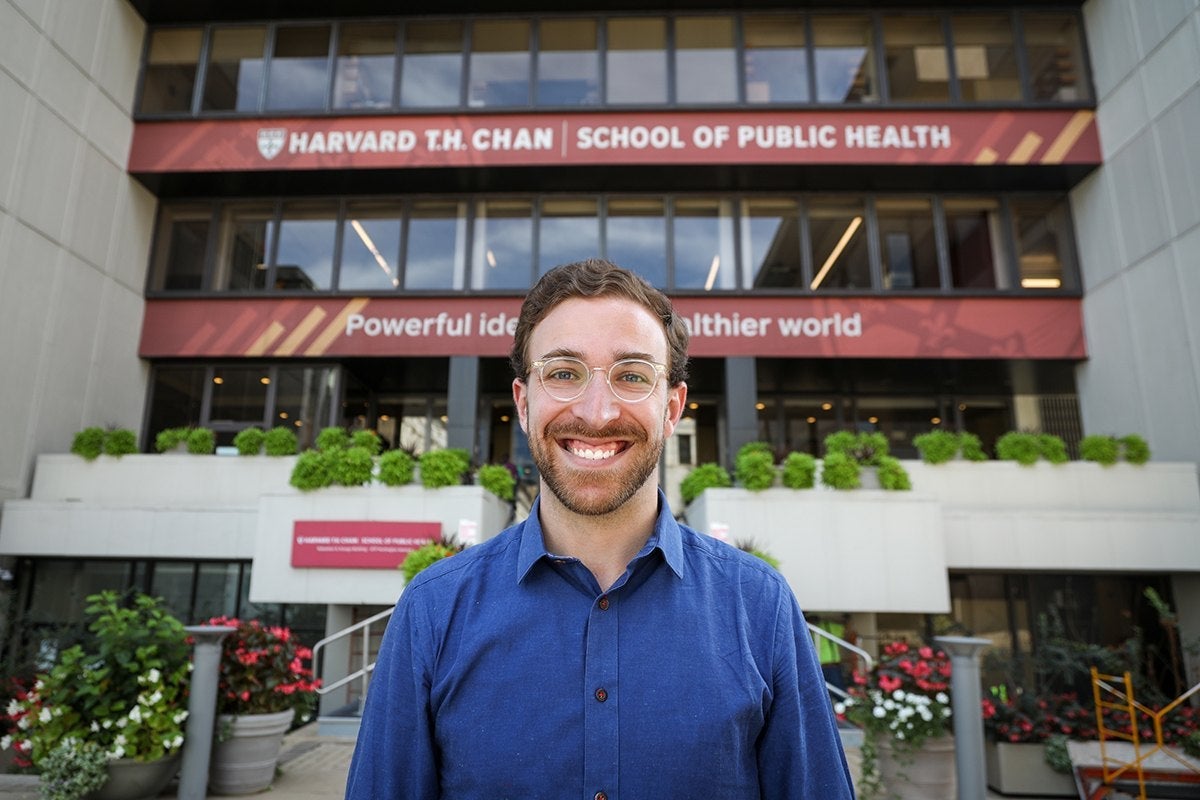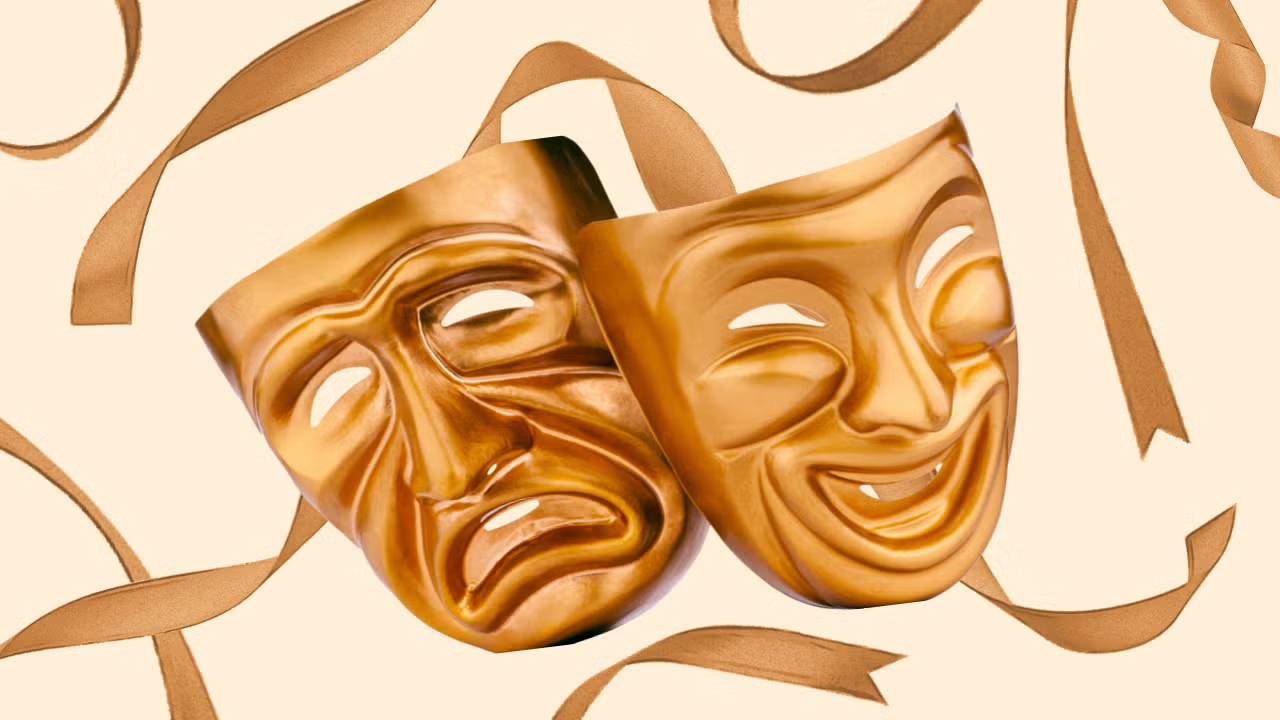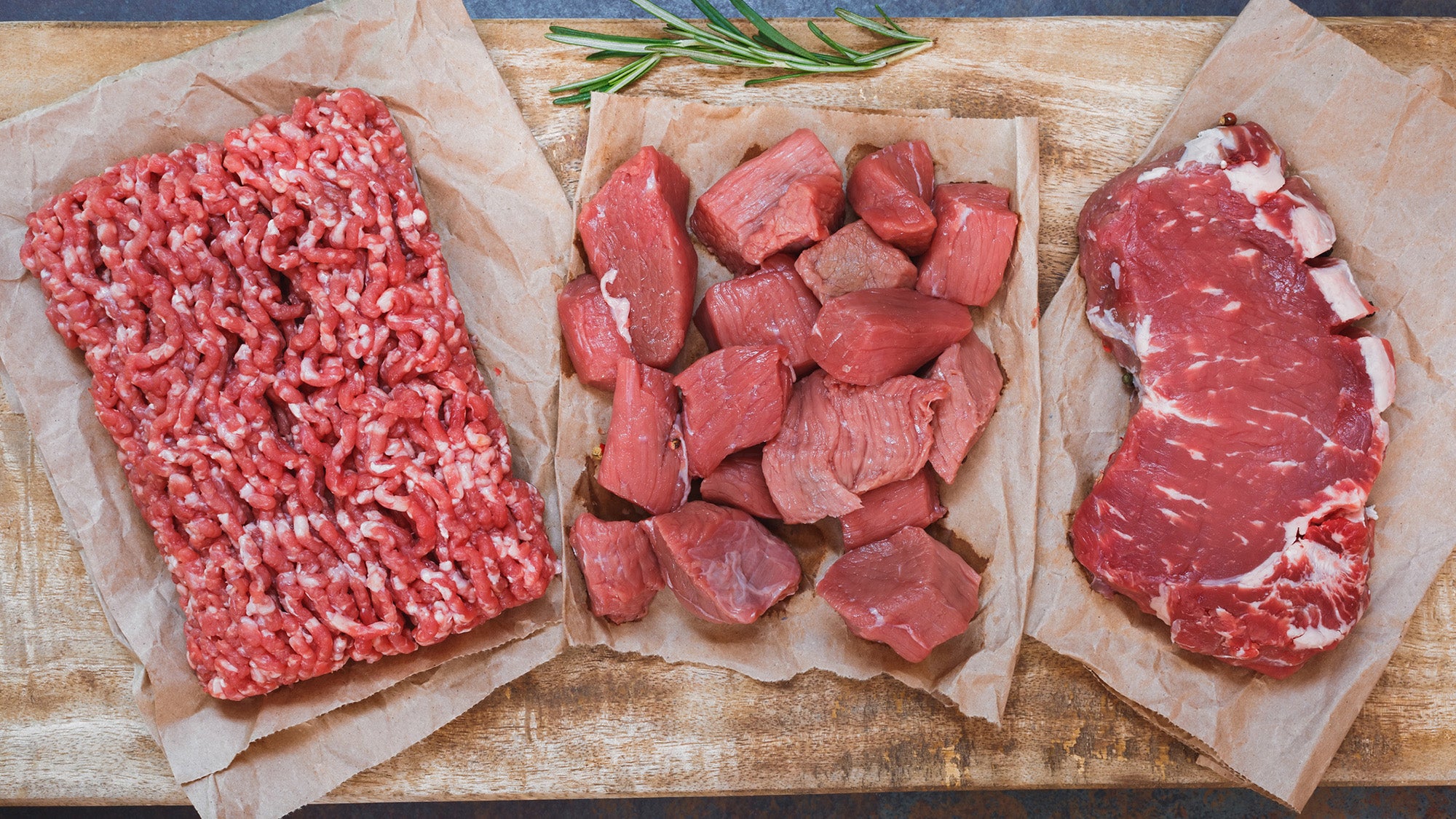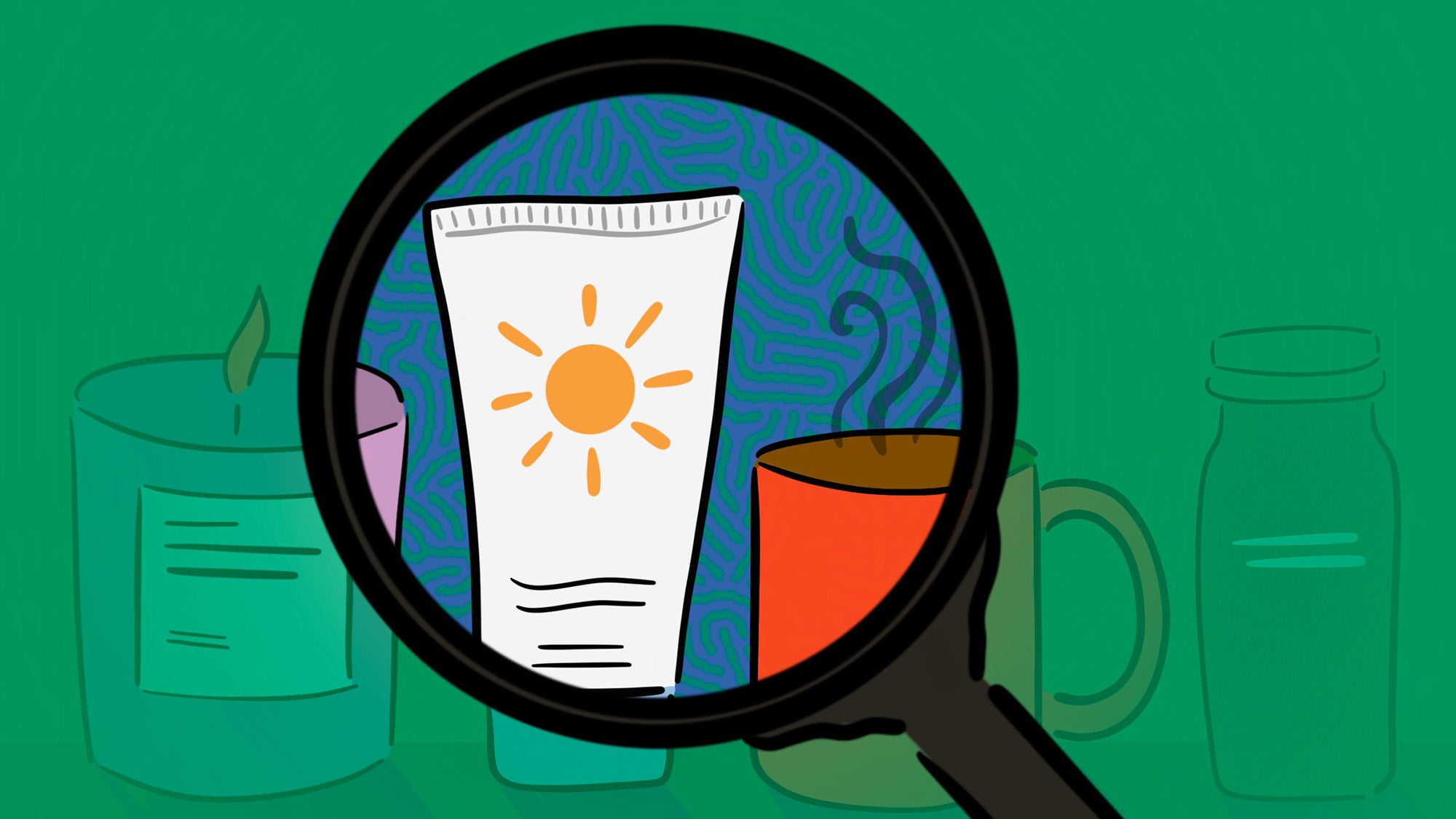Bringing heart and humanity to hematology

June 21, 2022 – A hematology fellow from Australia, Eddie Cliff, MPH ’22, cares just as deeply about the well-being of his patients as he does about improving health systems as a whole. He’s also a writer published in the New York Times and on NPR, a Fulbright Scholar, and an advocate of healthy food and sustainability.
I grew up in Australia, where my grandmother was a nurse educator and my mom is a pediatric neurologist. Neither of them put any pressure on me to be interested in medicine, but I had some work experience with a neurologist, gastroenterologist, and a primary care physician and I found the combination of solving interesting problems and working with people appealed to me.
I fell in love with hematology by accident. I had planned to be an endocrinologist and work clinically on diabetes and obesity, with a parallel public health career focused on noncommunicable diseases and nutrition policy. Then I got rostered onto a hematology rotation, treating patients with myeloma and lymphoma with CAR T-Cell therapies—in which their own immune cells are genetically engineered to fight their cancer—and I became fascinated by the science. With blood cancers and other blood disorders such as sickle cell disease, you are dealing with complex diseases, with interesting treatments, that affect people from all walks of life. Hematology also has a powerful human side; when I give a patient a scan result with good or bad news, I think carefully about how to break the news, and for each patient, we design a personalized treatment plan incorporating the values and priorities most important to them.
Working in Australia during the COVID-19 pandemic, I faced difficult conversations both on the COVID-19 wards and, subsequently, with blood cancer patients about end-of-life decisions while family members were barred from the hospital under COVID policy. I wrote about these dilemmas in an essay in JAMA Oncology titled “A Decision Shared is a Decision Halved.” Australia’s strategy for COVID was great, among the best in the world, and it saved tens of thousands of lives. That’s not to say there weren’t unintended consequences we perhaps didn’t pay enough attention to—including patients and families being unable to be together—and those stories are also worth telling.
What got me into public health was hearing from leaders in the field like Atul Gawande and Michael Marmot, and getting involved with a nonprofit focused on preventing noncommunicable diseases called NCDFree, which I volunteered for during medical school at Monash University. If you look at society, the biggest killers are cardiovascular disease and stroke, and the biggest risk factor for those diseases, particularly in countries where smoking rates are low, is our food system. Big Food companies are manipulating our evolutionary drive for high-calorie, high-sugar, low-nutrition foods such as sugary drinks. I helped run a food festival called festival21 with many of the NCDFree team, led by Sandro Demaio, for 3,000 people that highlighted the intersection of food, health, and sustainability. I also got involved with the Australian Medical Students’ Association to advocate against things the government was doing to dismantle universal health coverage and deregulate university fees; to advocate for a soft-drink tax; and to contribute to campaigns on student mental health and blood donation.
The highlight of my time at Harvard was a course called Reimagining Global Health, taught by [the late Partners In Health cofounder] Paul Farmer, and three other leading medical anthropologists, Arthur Kleinman, Salmaan Keshavjee, and Anne Becker. What was so life-changing was the way they took concepts from anthropology and social theory and applied them to their firsthand experiences in Peru, Haiti, Rwanda, Russia, China, Fiji, and elsewhere. For low- or middle-income countries, multilateral organizations often prioritize the most “cost-effective” things; for example, they may say that these countries “don’t need cancer drugs because we need to cure them of HIV and TB first.” But global health is not just about addressing perceived “low-hanging fruit” such as distributing mosquito nets to prevent malaria, it’s also about building hospitals, training doctors and nurses, and developing a health care delivery system. The course made me want figure out how we can influence global systems to ensure better access to therapies around the world—as PEPFAR [The U.S. President’s Emergency Plan For AIDS Relief] and similar program have achieved with HIV medicines—instead of just kind of throwing up our hands and saying this is too hard.
For my current research, I work with Harvard Medical School’s Aaron Kesselheim and his group called PORTAL (Program on Regulation, Therapeutics and Law), to help advocate for lower prices for drugs and make them more accessible. A lot of the lessons I learned about Big Food also apply to Big Pharma. Just to give an example of how pharma companies work the system to their advantage, one company has 88 patents on a drug called ibrutinib, used to treat chronic lymphocytic leukemia (CLL). The patents prevent generic competitors from entering the market so that they can keep profiting from it for as long as possible. Sometimes in medicine, the basic science about curing cancer is really emphasized and celebrated, but if we’ve got these drugs and people can’t access them because they’re too expensive, well, then haven’t we failed at our jobs anyway?
I am now doing a fellowship at PORTAL looking at the intersection of blood cancer medicine and public policy, doing research on pricing and regulation for drugs and cellular therapies such as CAR T-cells. My dream job would be to be an academic hematologist who could use my clinical work to feed into research, policy, and advocacy work to make society and the health system work better for all.
I’m very passionate about classical music, and I play the oboe and percussion in orchestras. They are very different types of instruments, but I love them both. The oboe is a key player in the middle of the orchestra, where you feel like you are in the thick of things, whereas with percussion you are more exposed and can’t hide. It turns out that my Harvard Chan adviser, Michael Barnett, is also an oboist! Music is a very mindful activity, where you learn very early on how to block out the crying baby in the second row of the audience. When they tried to teach us mindfulness in medical school, I realized I already learned it from playing music.
photo: Alex Lebrowski


